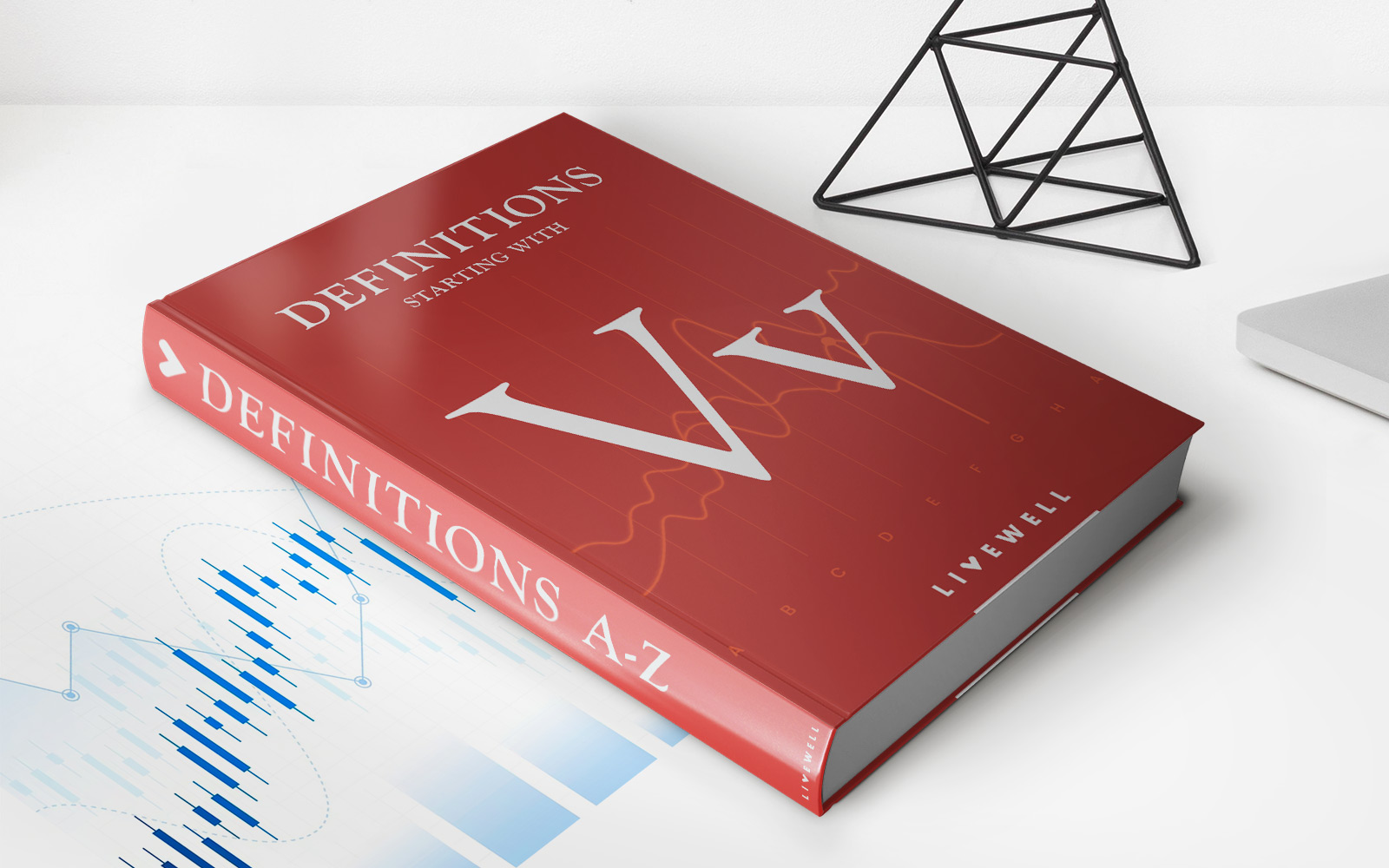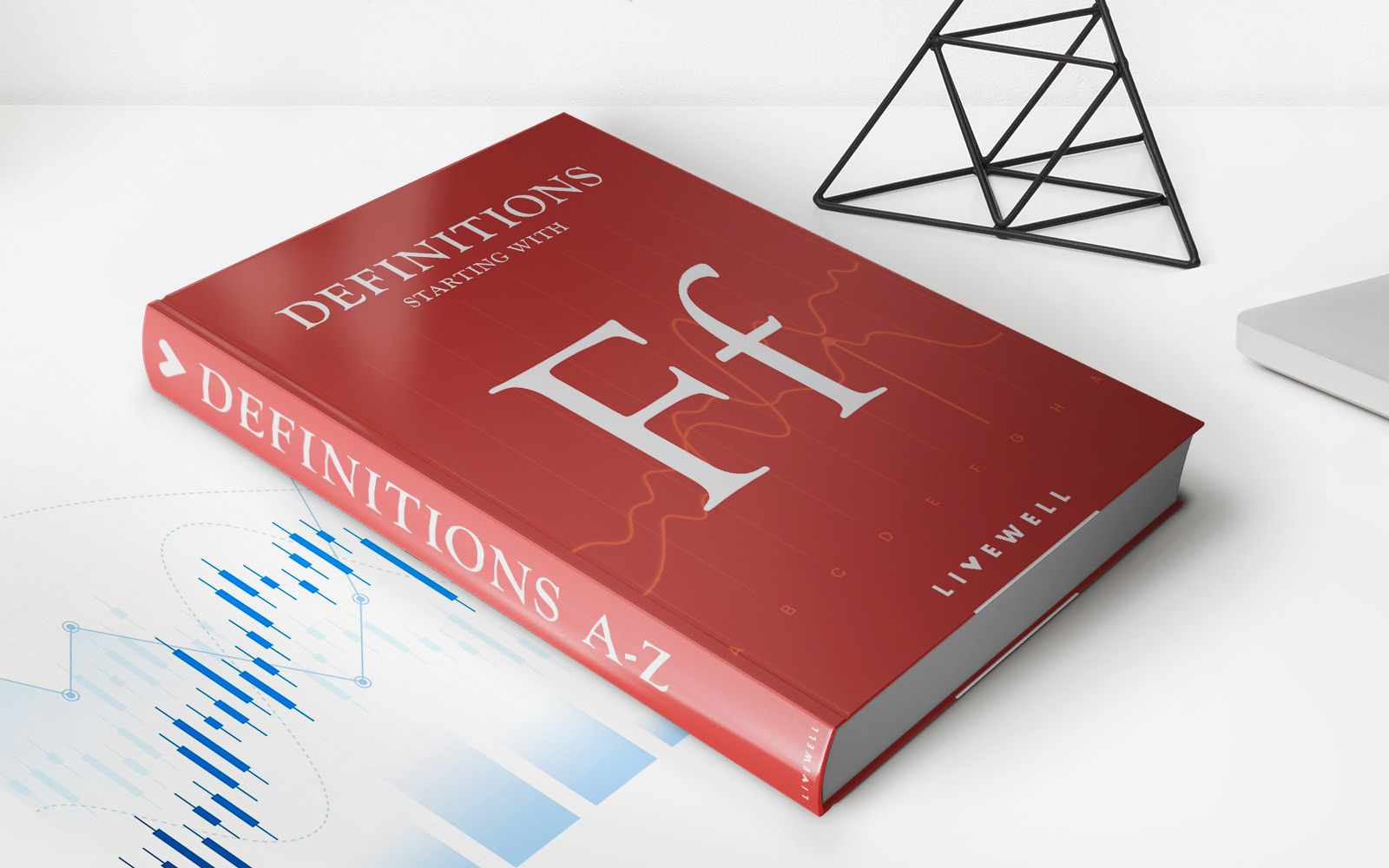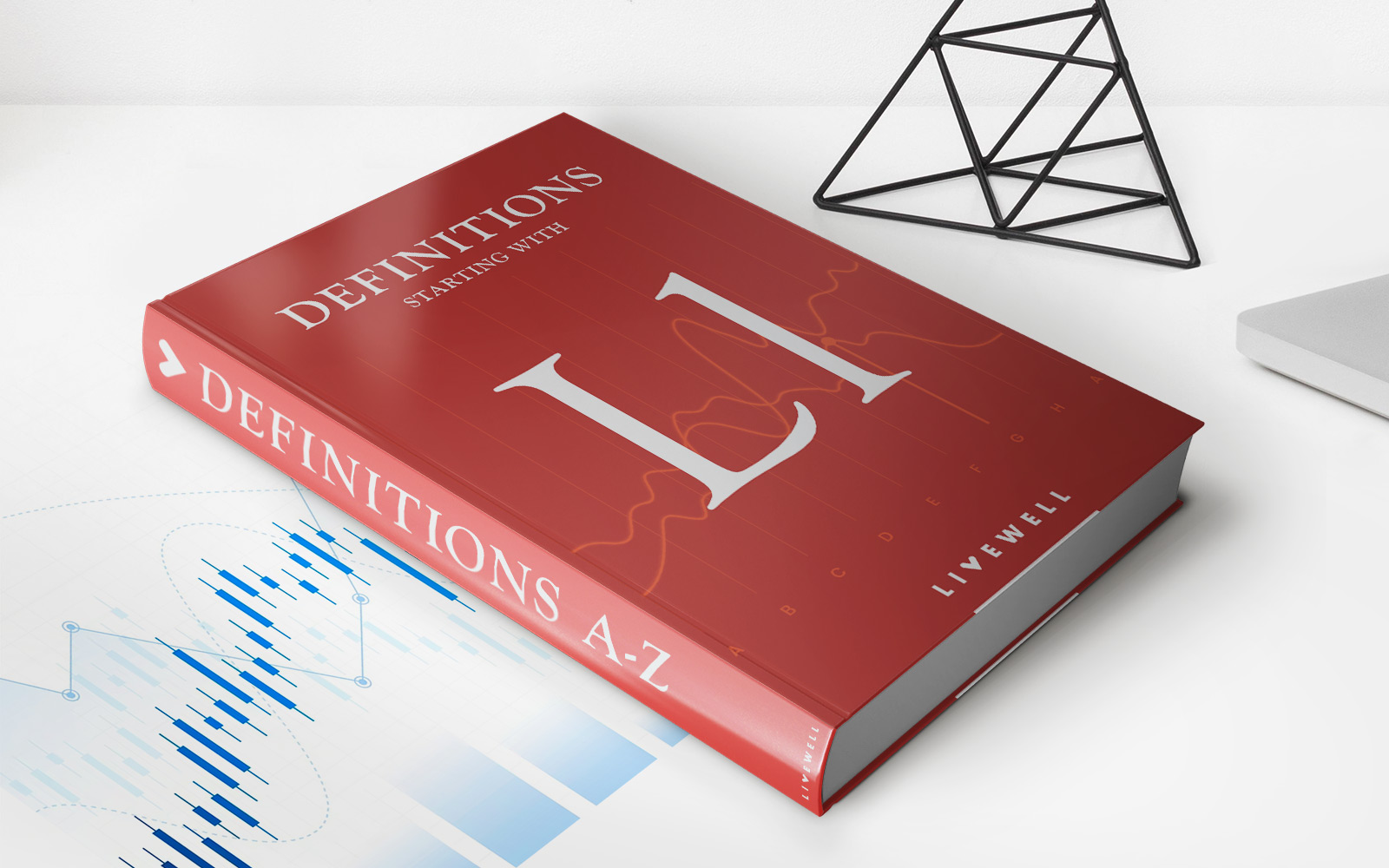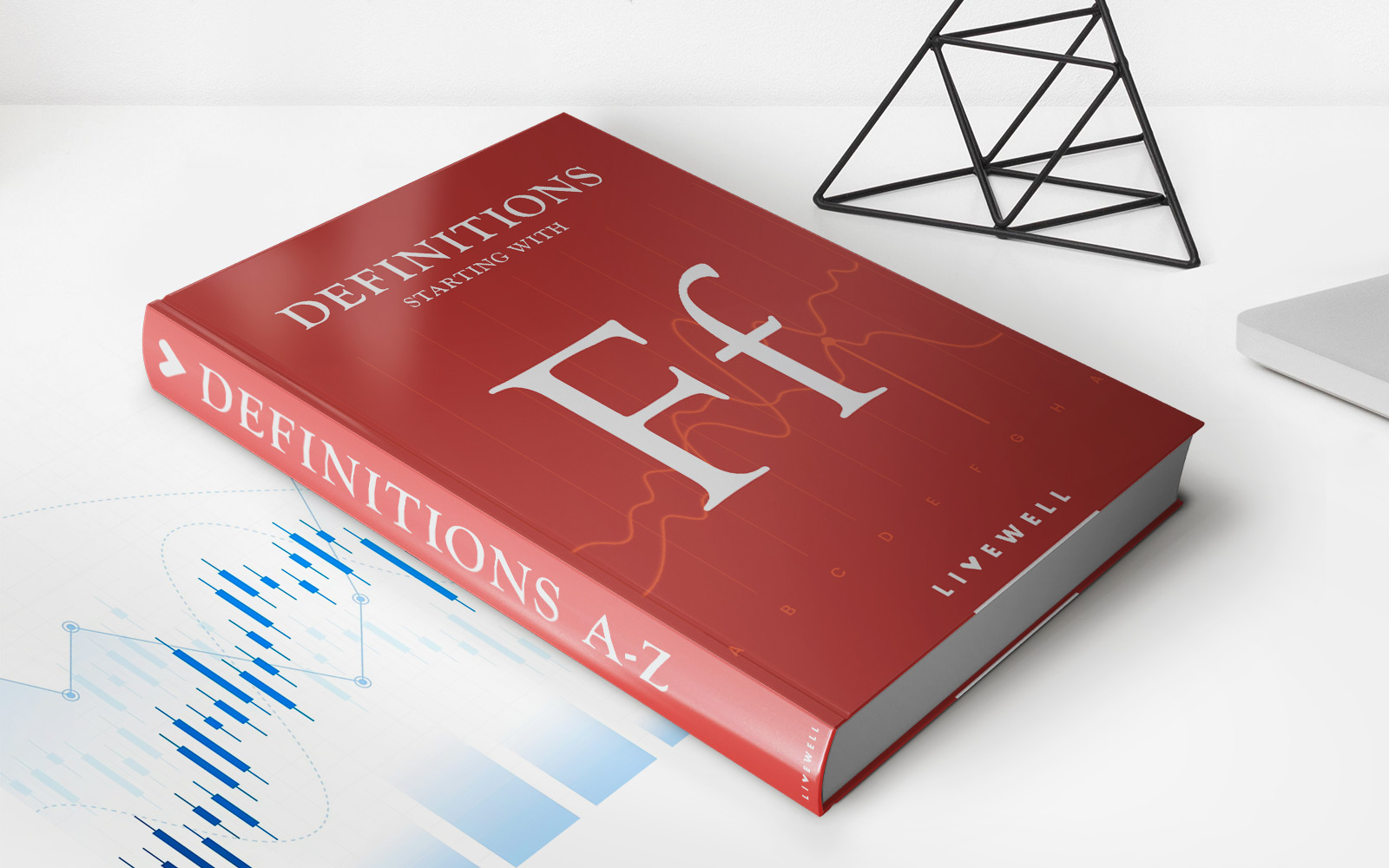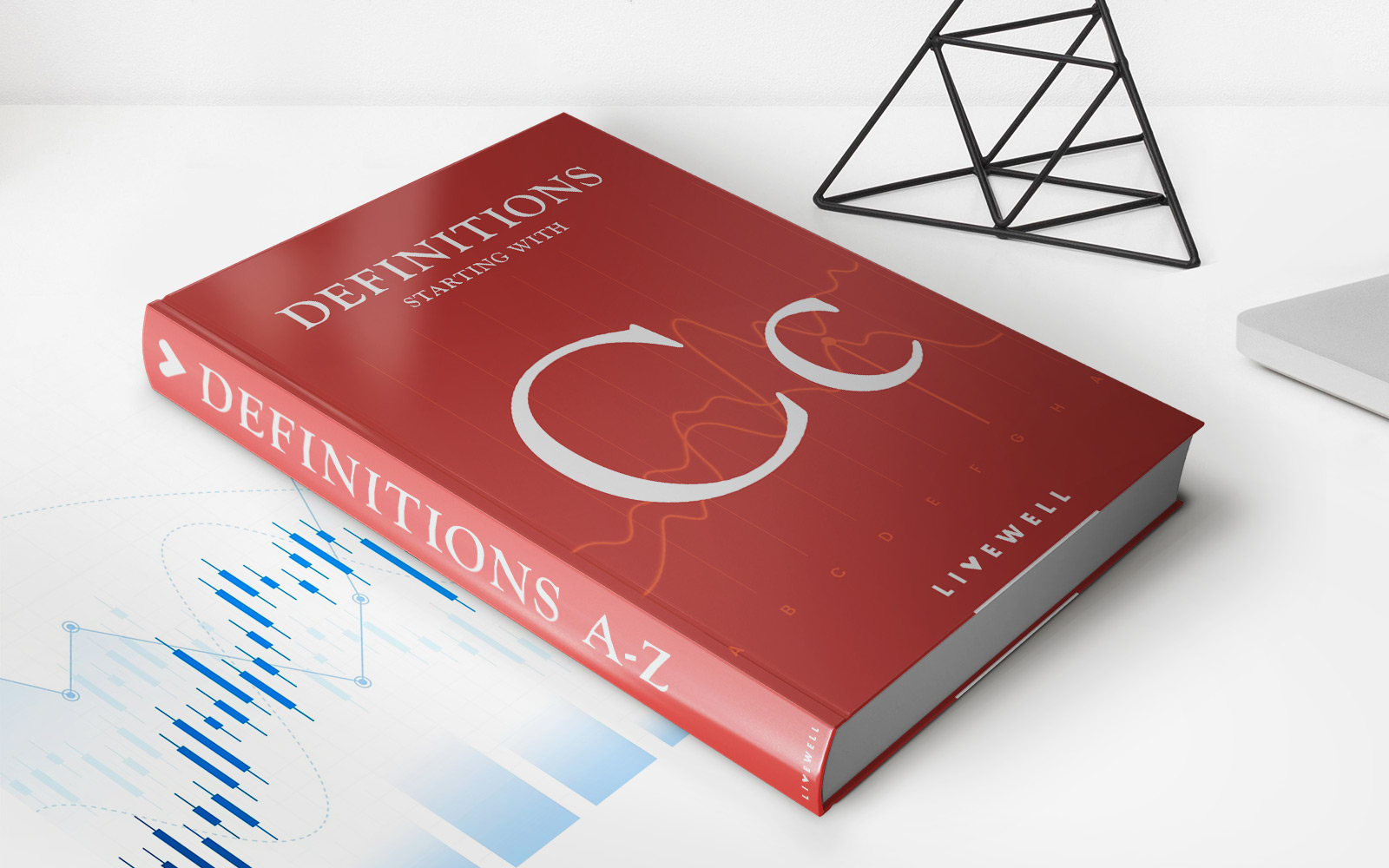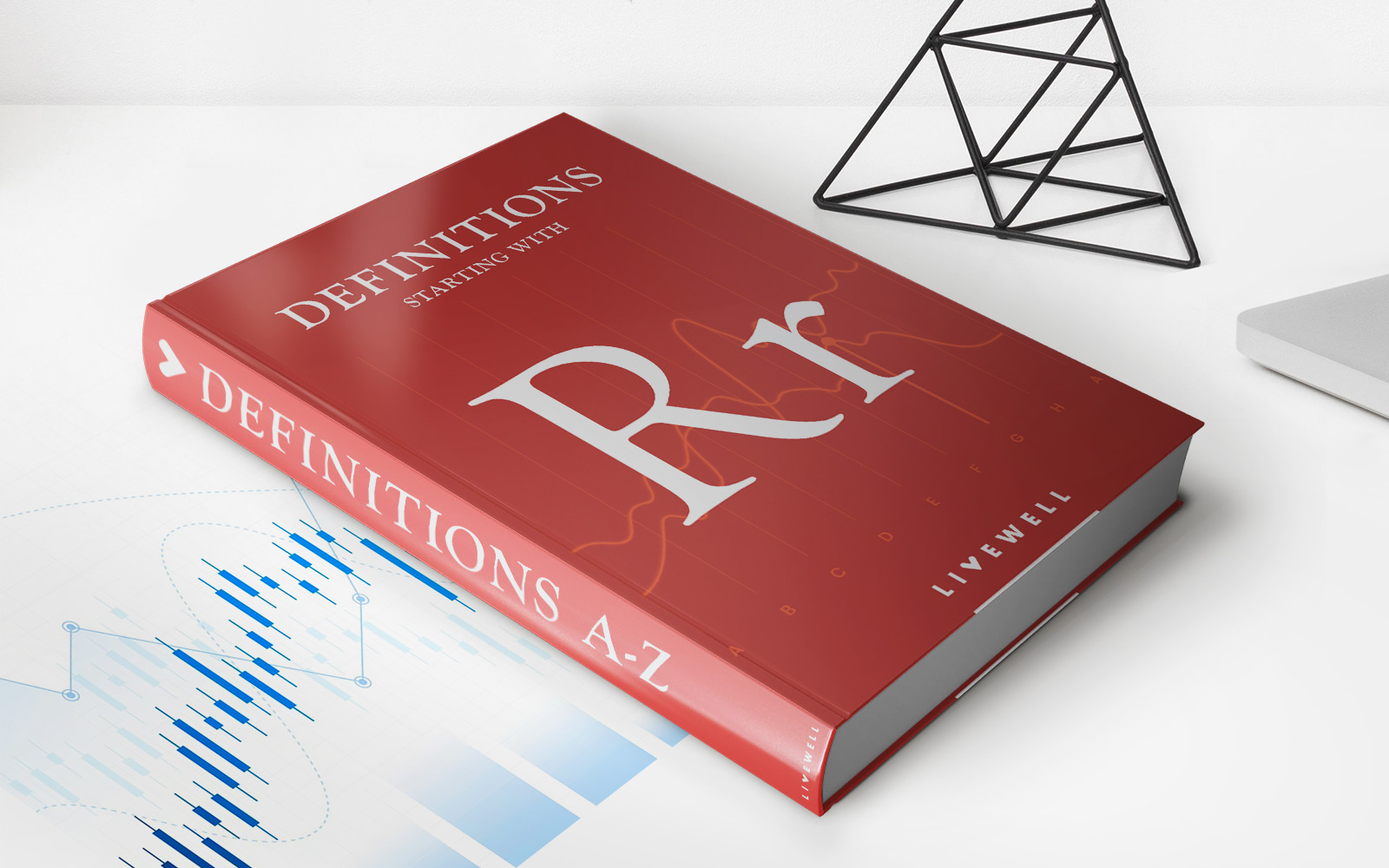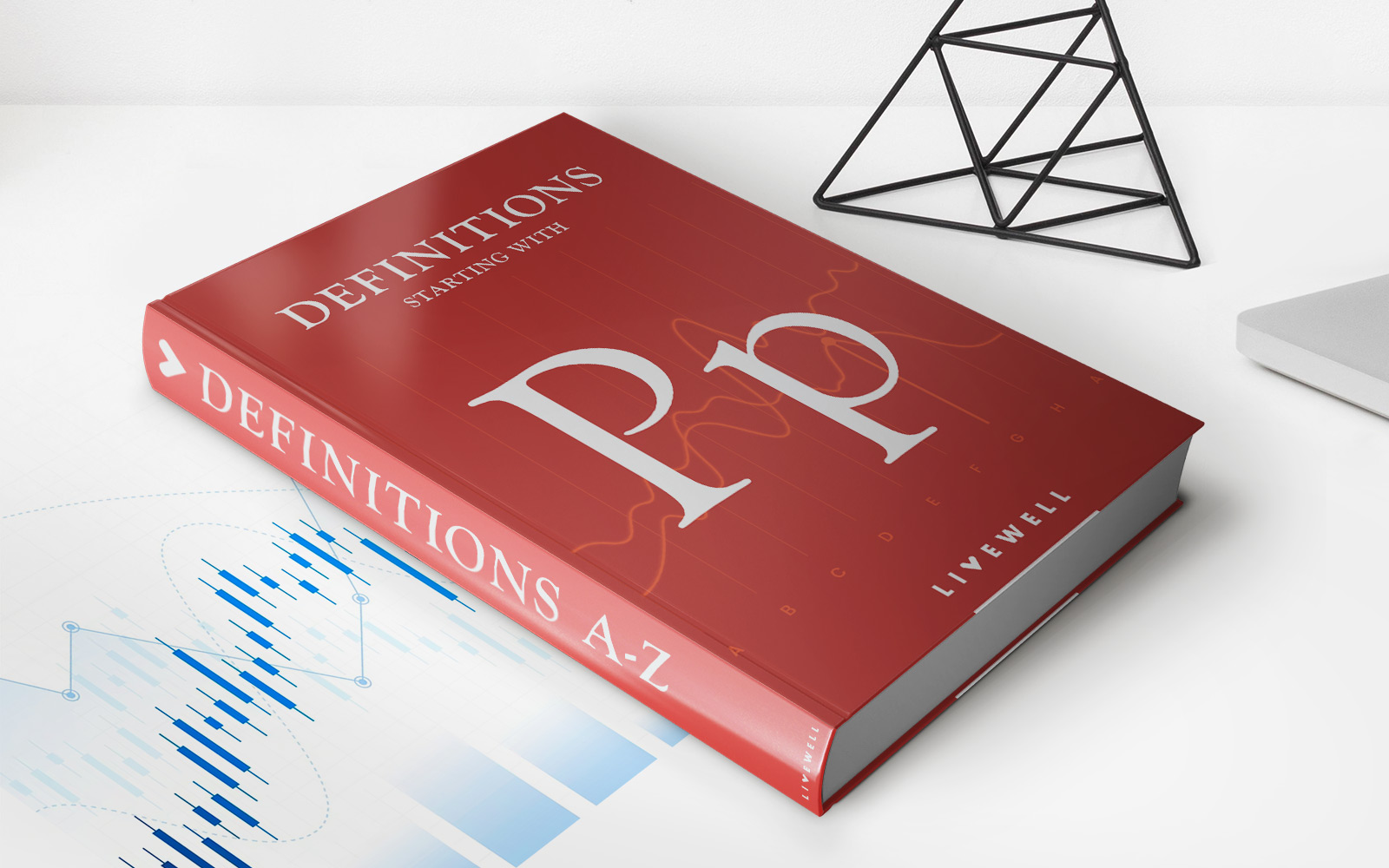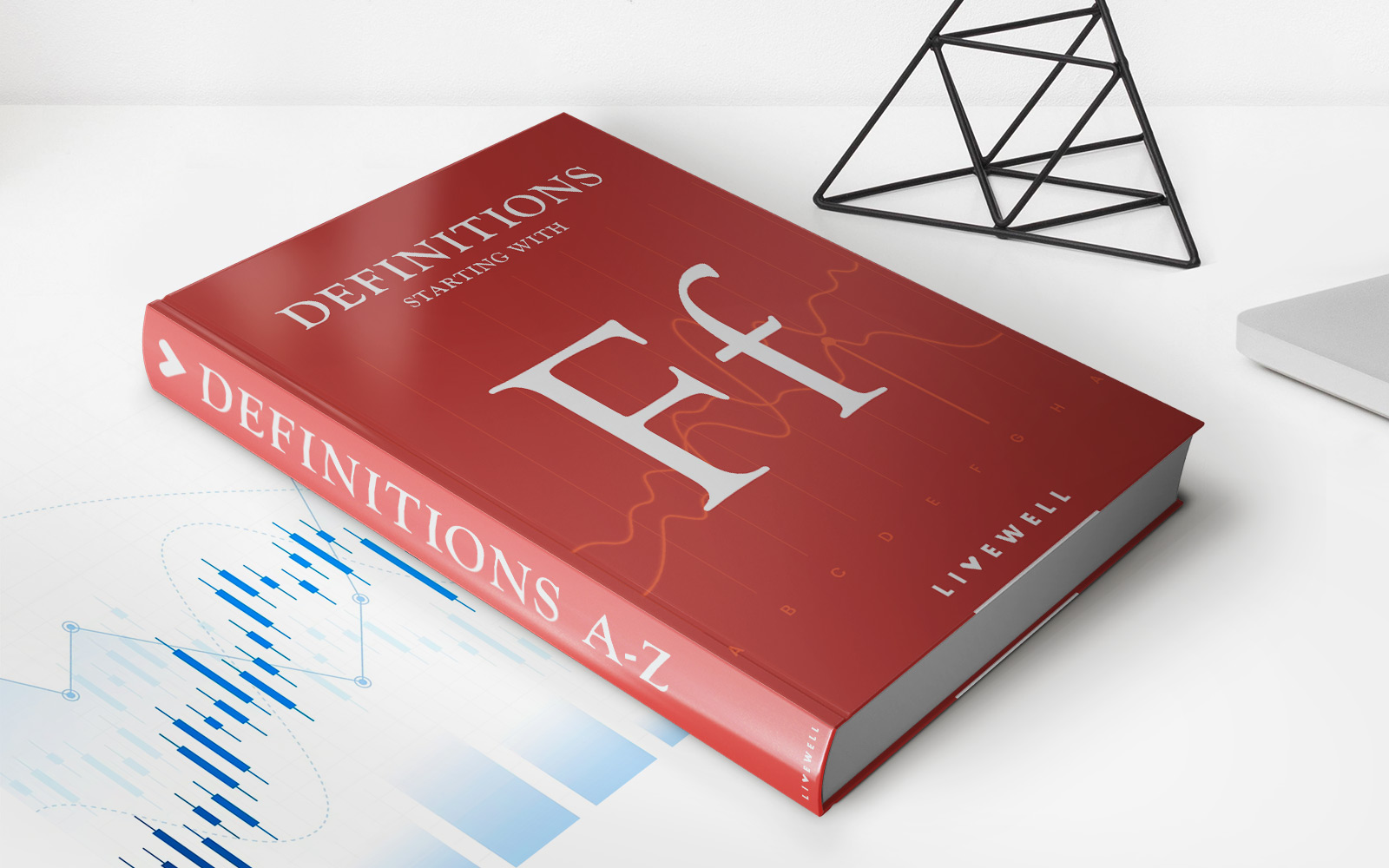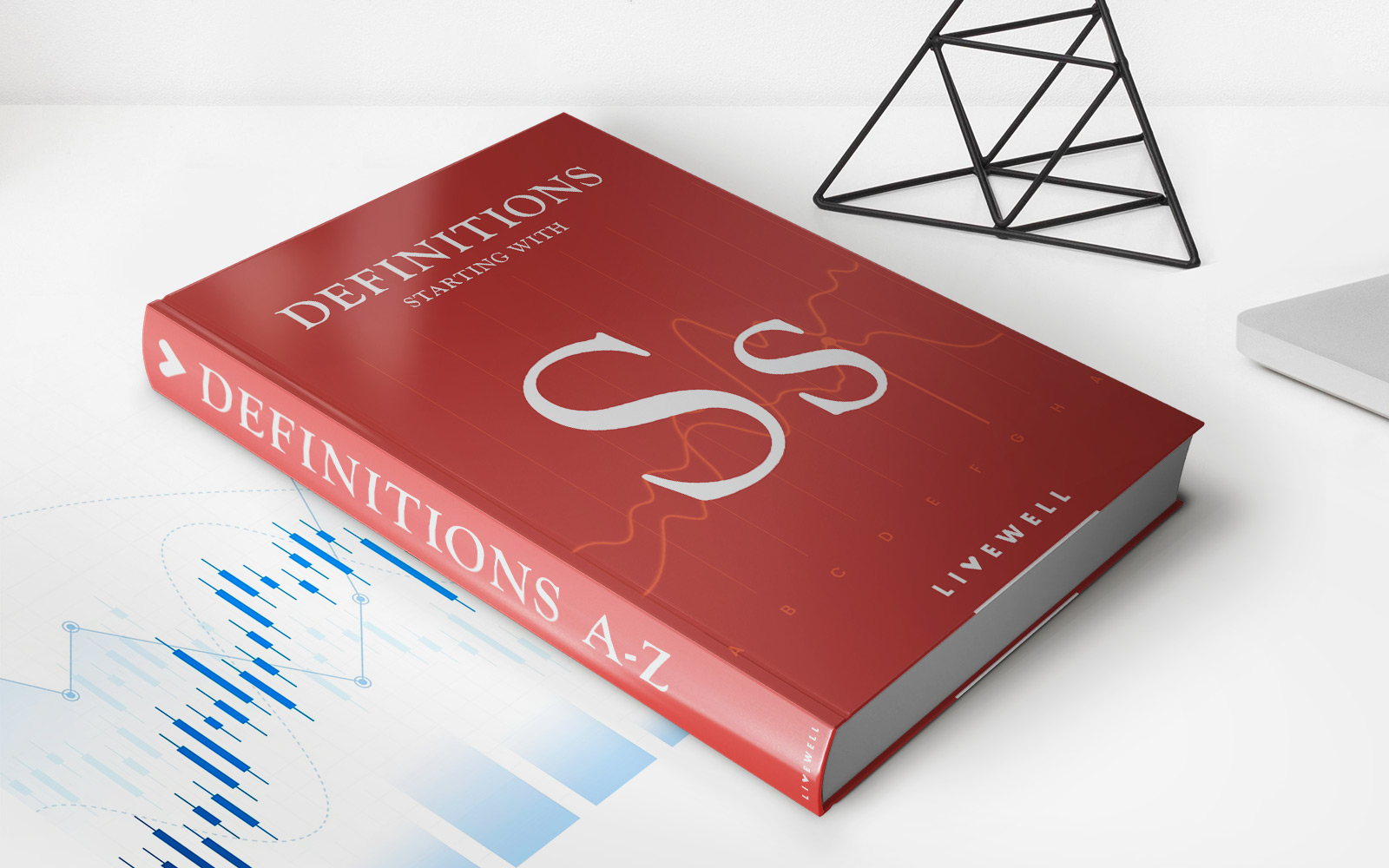

Finance
Federal Reserve Credit Definition
Published: November 23, 2023
Learn about the definition of Federal Reserve Credit and its role in finance. Discover how this credit system impacts the economy and monetary policies.
(Many of the links in this article redirect to a specific reviewed product. Your purchase of these products through affiliate links helps to generate commission for LiveWell, at no extra cost. Learn more)
Understanding Federal Reserve Credit: Definition, Importance, and Impact on the Economy
When it comes to the world of finance, there are many concepts and terms that can seem overwhelming. One such term is “Federal Reserve Credit.” In this blog post, we will delve into the definition of Federal Reserve Credit, its importance, and its impact on the economy. So, buckle up and get ready to expand your financial knowledge!
Key Takeaways:
- Federal Reserve Credit refers to the total amount of credit extended by the Federal Reserve to financial institutions.
- This credit acts as a tool for the Federal Reserve to influence the money supply, interest rates, and overall economic conditions.
What is Federal Reserve Credit?
At its core, Federal Reserve Credit refers to the total amount of credit extended by the Federal Reserve to financial institutions such as banks and credit unions. This credit is instrumental in regulating the money supply and influencing interest rates, which have a profound impact on the overall economy.
Through various monetary policy tools and mechanisms, the Federal Reserve controls the money supply and liquidity in the financial system. Federal Reserve Credit plays a vital role in this process as it determines the reserves that banks and other financial institutions hold. By adjusting the amount of credit extended, the Federal Reserve can effectively manage inflation, stimulate economic growth, or apply brakes to prevent overheating.
The Importance of Federal Reserve Credit
Now that we understand what Federal Reserve Credit is, let’s explore its importance in the financial ecosystem. Here are two key takeaways:
- Monetary Policy: Federal Reserve Credit is a critical tool used by the Federal Reserve to implement monetary policy. By adjusting the amount of credit extended, they can influence the money supply, interest rates, and overall economic conditions.
- Banking System Stability: Federal Reserve Credit ensures that banks and other financial institutions have enough reserves to meet their obligations and maintain stability during times of financial stress. This can prevent situations such as bank runs and liquidity crunches.
By effectively managing Federal Reserve Credit, the Federal Reserve can help promote economic stability, maintain price stability, and encourage long-term sustainable growth.
The Impact on the Economy
The impact of Federal Reserve Credit on the economy is far-reaching and significant. Here are a few key ways in which it affects the overall economic landscape:
- Interest Rates: By extending or contracting credit, the Federal Reserve determines the availability of funds in the banking system. This, in turn, affects interest rates, which can influence consumer spending, investment decisions, and borrowing costs for businesses and individuals.
- Inflation and Deflation: Through its control over Federal Reserve Credit, the Federal Reserve can regulate the money supply, potentially mitigating the risk of inflation or deflation. By adjusting interest rates and the availability of credit, they can steer the economy toward stable price levels.
- Overall Economic Growth: The credit policies implemented by the Federal Reserve have a direct impact on the rate of economic growth. By stimulating credit during times of economic downturns or retracting it to prevent excessive borrowing, the Federal Reserve can help stabilize and stimulate economic activity.
Understanding the nuances of Federal Reserve Credit and its impact on the economy is crucial for anyone interested in finance. By recognizing its role, you can gain insights into the broader economic landscape, adapt your financial strategies, and make informed decisions.
In Conclusion
Federal Reserve Credit is a vital component of the financial system, allowing the Federal Reserve to manage monetary policy, stabilize the banking system, and impact the overall economy. By adjusting the amount of credit extended to financial institutions, the Federal Reserve plays a critical role in influencing interest rates, regulating money supply, and fostering economic growth.
So, next time you hear the term “Federal Reserve Credit,” remember its significance and the power it holds in shaping our financial world.
